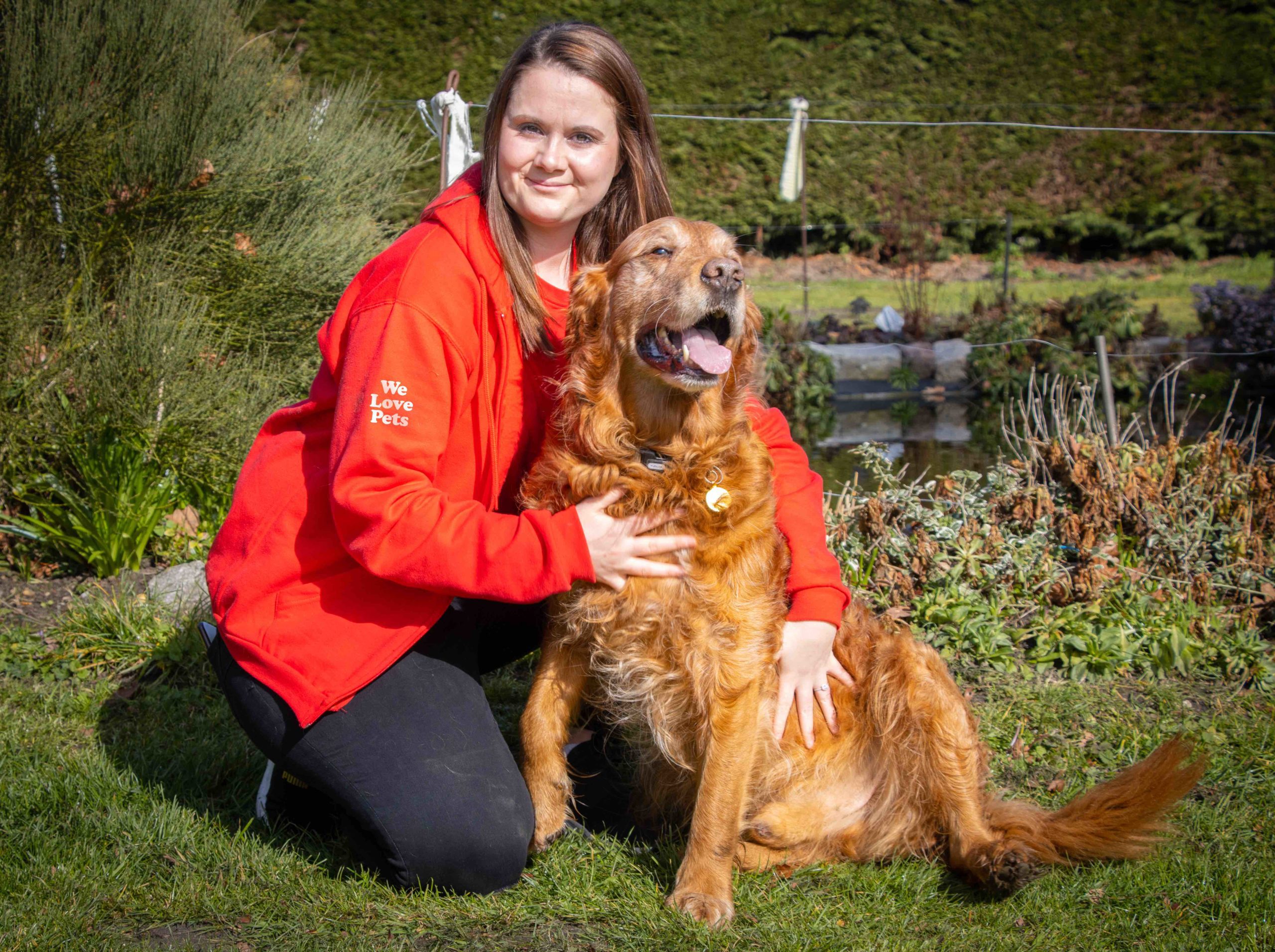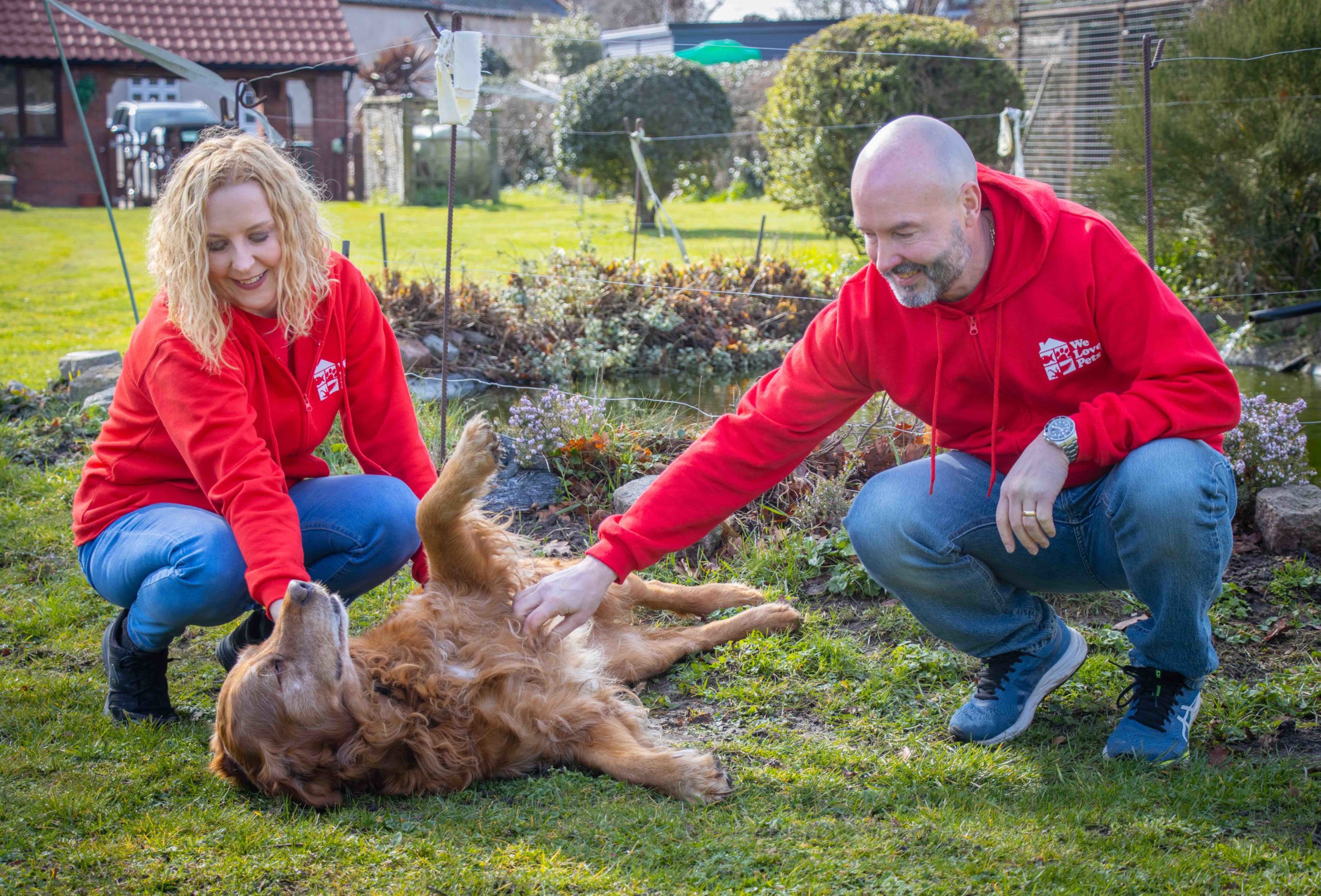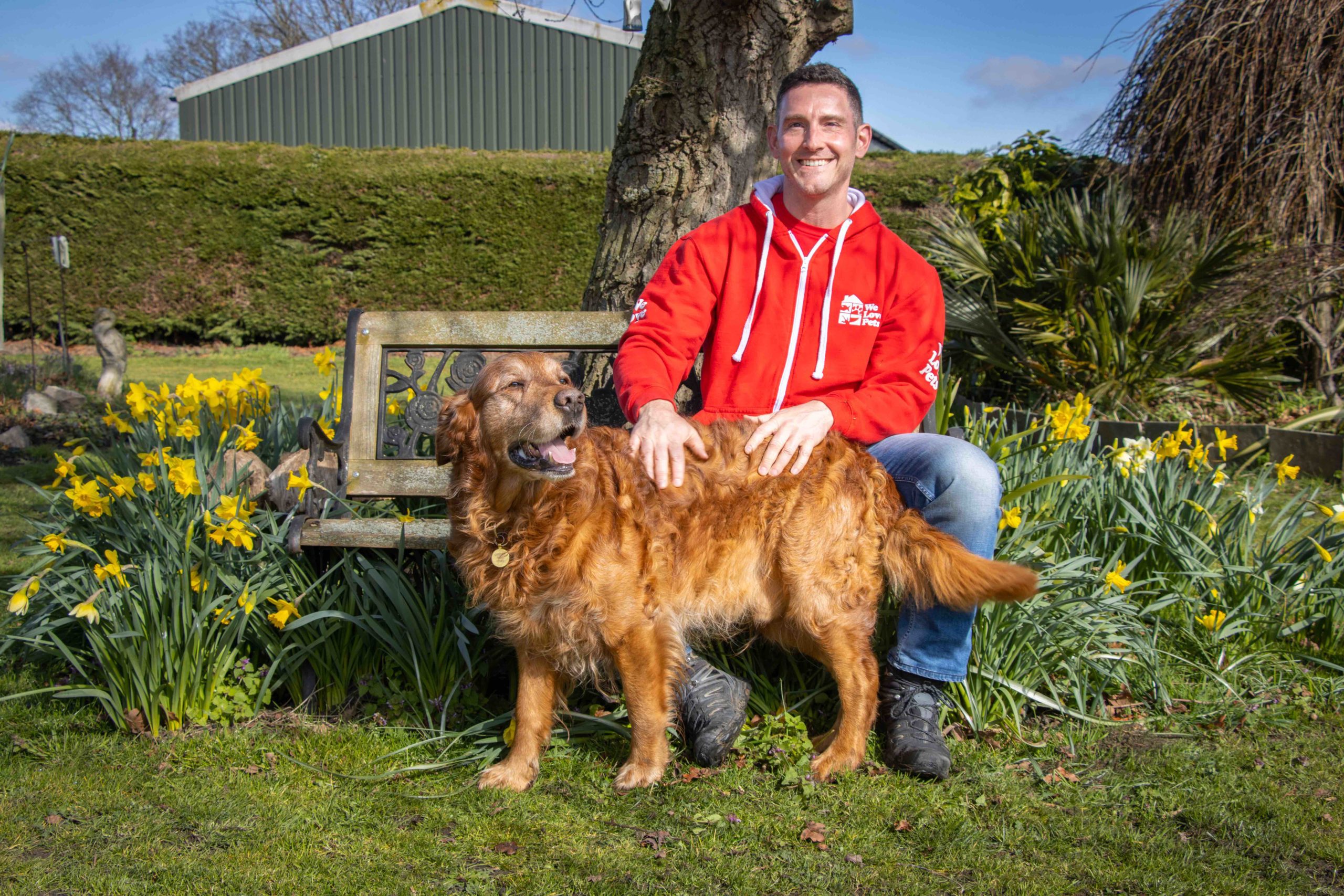Having a new puppy in your home is an exciting thing but it can also be unnerving for both you and your new pet. Before bringing your pet home ensure to research the breed specific needs. This guide will help you prepare for the arrival of your new pet and ensure it has the best start in life!
Preparation
Hopefully the puppy’s previous owner/breeder has started training and sorting out their first vaccinations, however there is plenty for you to do to prepare yourself and your home for your new arrival!
- Gather supplies – Buy basic supplies ahead of when your new dog arrives to prevent extra stress. Suitable crate, bowls, feed, treats, bed, toys, collar, leash, tag, poo bags and baby or dog gates.
- Puppy proof your house – Before brining your new puppy home it’s a good idea to ensure the house is puppy proof, meaning anything that could harm your dog is out of the way, this includes any chemicals, medicines and certain plants/food. You will also need to remove anything that you don’t want to be chewed up or soiled on as puppies can be very mischievous.
- Training/classes – It’s really important to get your new puppy into training classes, these help with socialisation, obedience and handling. It also helps you build trust and a relationship between you and your dog.
- Home care – We would all love to spend all of our time with our pets but when we have to head off to work, we may need someone to look after them. Try to set up a schedule with your family or friends and if that’s not possible at We Love Pets we can provide a puppy care service for puppy’s aged 8 weeks to 6 months. Please don’t hesitate to contact your local branch!
- Vet/insurance– Find a local, reliable vet that you can register your new puppy at, these will help with advice, health checks and emergency treatment. It is also important to get insurance for your pet to help cover costs of vet fees for any injuries or illness your new pet may encounter.
- Vaccinations – Vaccinations are very important to keep your new dog healthy, it helps prevent infectious diseases and helps them from passing them on to other animals. Typically, puppies are vaccinated at 8 and 10 weeks old, discuss with your vet when the best time is. They will also need booster at 6 or 12 months old.
First week
This is a really important time for your new puppy, they are away from their mum and siblings and are placed in a new environment which can be quite scary for them. It’s your job to make them feel safe and secure in their new home.
- Travel home – Try to have another person come with you to pick up your new puppy, let them sit next to the puppy or place it in a small crate next to the person, this will help the puppy have more reassurance and make it feel more secure.
- Arrival – When you first bring your puppy home, ensure the house is as quiet as possible and ensure other animals are either outside or locked away to prevent causing too much stress. Try to contain the puppy to one area where it will spend most of its time, ensure a crate is in there too, to help them get used to it and know that’s where it can rest during the day. Also let it sniff around the room and let it get used to its new surroundings.
- Introductions – When introducing your new puppy to other pets its best to have a second person with you, one to keep the puppy on a lead and restrained and the other to introduce the new pet. Watch out for body language and signs of aggression, if these occur separate the pets and try again later.
- First meal – Ensure you are feeding your puppy the food it had when it was at its old home, this prevents the puppy from having an upset stomach. When presenting the food to your puppy hold on to its collar to calm it down, once its calm use a command to let it know it can eat, this training should be used at every meal time. Once it has eaten take it straight outside to use the toilet, use commands and make sure to praise it when it has been.
- First night – The first night’s sleep for your new puppy will be very scary, it’s away from what it’s used too and is in a new place with new smells, sounds and sights. It’s best to prepare for little sleep as it will definitely whine. A couple of hours before bedtime, ensure you play with your puppy to try to tire it out before sleep, remove food and water and take it out for the toilet and praise when it does it. Place your puppy in its crate, make it comfortable with toys and blankets and prepare for the night. Try to limit sound and light to prevent your puppy thinking its play time, if it starts to whine put it on a lead and take it to the toilet without giving in to play time, this helps to train the puppy to know that its bed time and not play time. Remember to keep up with the training and eventually your puppy will get used to its new environment and you can both have a good night’s sleep!
- Routine – By keeping to a routine it will help with both training and building a relationship with your dog. Create a schedule for when you will feed your dog, when to take it to the toilet and when you will exercise it. Keep to this routine to ensure your new puppy feels safe, secure and learns what is expected from it.
- Training – Every moment of the day is an opportunity for training. Starting training earlier will help you dog learn faster and make life easier for you. Training for puppies include, crate training, obedience and toilet training, do these daily and as mentioned above keep to a routine.
Remember to go slow, keep calm and have patience! Your new puppy will be full of energy and will need guidance on how to release this and how you want to it to act. Don’t forget we offer a range of pet services including puppy care, don’t hesitate to contact us so we can help you choose the right care for you and your new pup!




